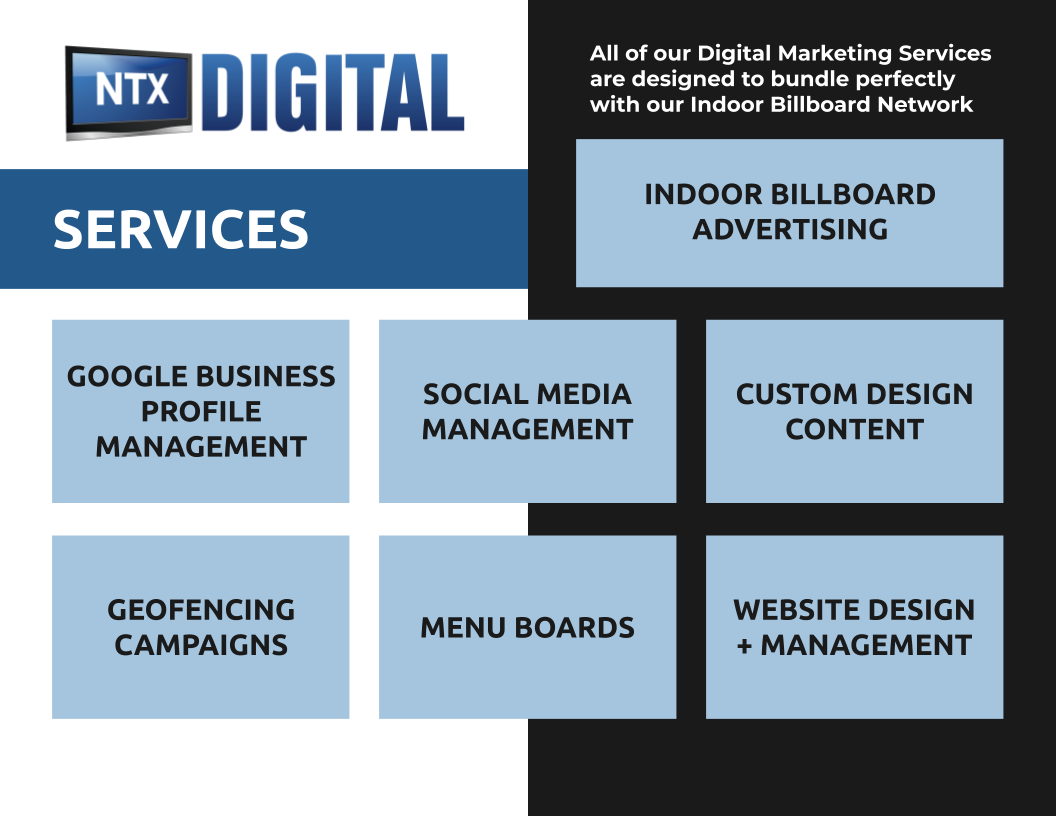As a long-time employee benefits consultant, I am often asked by business owners and HR professionals whether or not going with a PEO (preferred employer organization) is a smart business decision. A PEO often looks attractive to employers because it allows them to outsource HR management, payroll processing, employee benefits, unemployment insurance, and workman’s comp under a co-employer agreement.
In addition to simplifying administrative processes by offloading day-to-day business operations, you can see potential cost savings and the ability to transfer some of your company’s liabilities when reviewing a PEO proposal. Most employers are aware of the potential devastating financial impact of a simple payroll error or failure to handle a personnel issue properly. However, before entering into an employer agreement, make sure you’re aware of what you’re signing up for.
The Benefits of Partnering With a PEO
They Mitigate Risk. When you agree to go with a PEO, you enter into a co-employment
agreement. This means they will be taking responsibility for administering crucial aspects of
your business, such as payroll and insurance.
Lower Costs of Insurance Premiums. When you join a PEO, they are often able to reduce health
insurance and workman’s comp premiums due to pooling your business together with other
companies across their clients, which can potentially drive premium costs down.
They Provide HR Services and Payroll Processing. Outsourcing your HR Department can help
with recruitment, employee terminations, mandatory trainings, and compliance with labor laws.
Having professional HR support and payroll admin can help save time by allowing the PEO to
take some of the headache off of your plate.
The Disadvantages of Using a PEO
Loss of Control. When you enter into a PEO co-employment agreement, you are relinquishing
control over certain HR processes, employee relations, and payroll management. Because you
have a third-party entity administering these services, it can create communication errors, and
misrepresentations of your company’s culture and values. At the end of the day, they will own
your payroll data.
Higher Overall Costs. Sometimes the initial insurance savings may be negated due to higher
admin fees later, depending on the ages and demographics of your group. Payroll fees tend to
be higher compared to using a smaller, independent payroll company. PEO’s charge fees and
commissions, and in some cases, those fees can outweigh any savings you would otherwise
receive.
Tax Complexity. Partnering with a PEO create complexities with business taxes when it comes to
certain deductions and tax credits. For tax purposes, the PEO would be considered the employer
of record, meaning the PEO could potentially receive your tax credit. If an employer chooses to
leave mid-year, it often comes with some tax implications to both the employer and employees
due to Medicare and social security withholdings, state, and federal tax withholdings.
Questions to Ask and Understand Before Signing a PEO Contract
- What is their fee structure for services?
- Is the PEO you’re considering a certified PEO through the IRS?
- How long are the contract terms and what fees do they charge to break the contract mid-term?
- If tax credits are available, who will receive those credits?
- Ask for client references and check reviews on Google and the Better Business Bureau
I always recommend that you speak with your CPA and business attorney before entering into any
contractual PEO agreement.
Meghann High is the President and Founder of Inspire Benefit Consultants, LLC, which she co-owns with her husband, Jake. She’s spent the last 25 years in the employee benefits industry, consulting small to large employers on creative benefit strategies and cost solutions, with a commitment to providing value and full transparency in all aspects of business. Meghann also sits on the board for the Dallas Chapter of National Association of Insurance Brokers and Insurance Brokers. Meghann and her family reside in Rockwall. Learn more at: www.inspirebenefits.com































